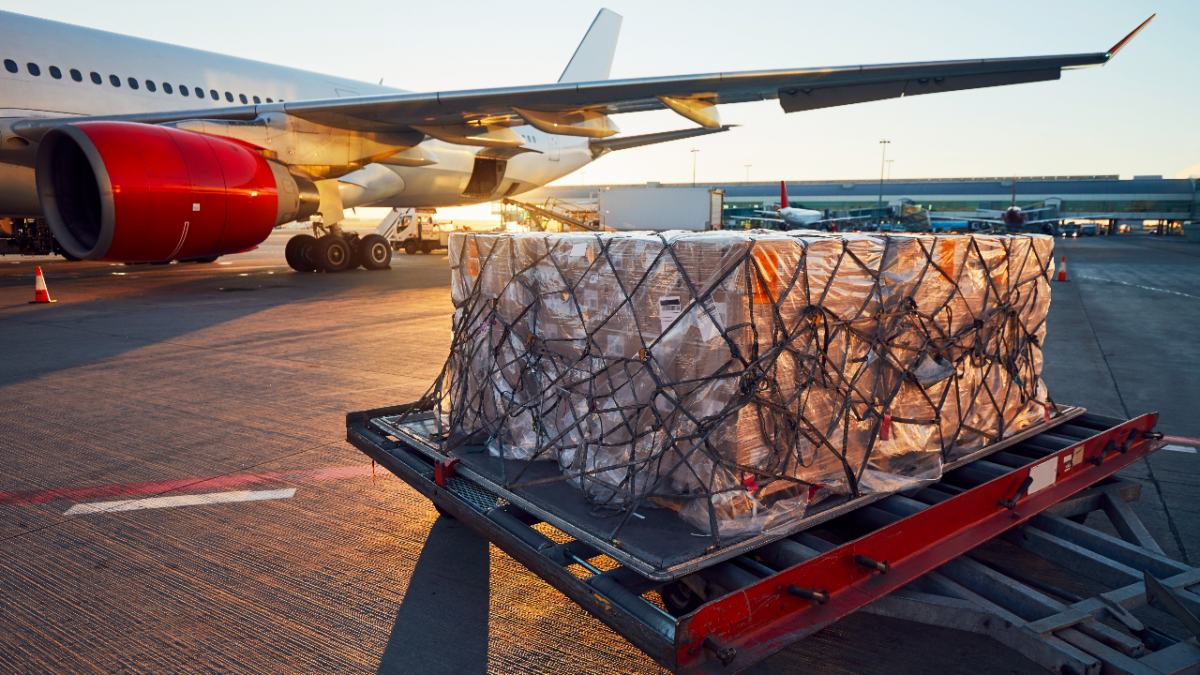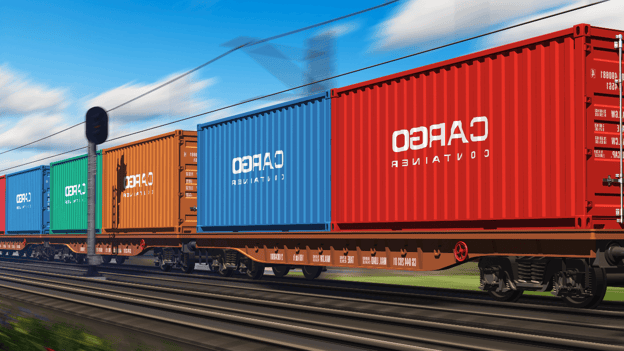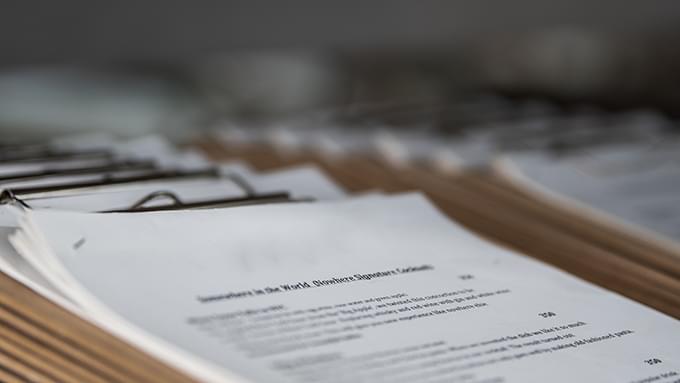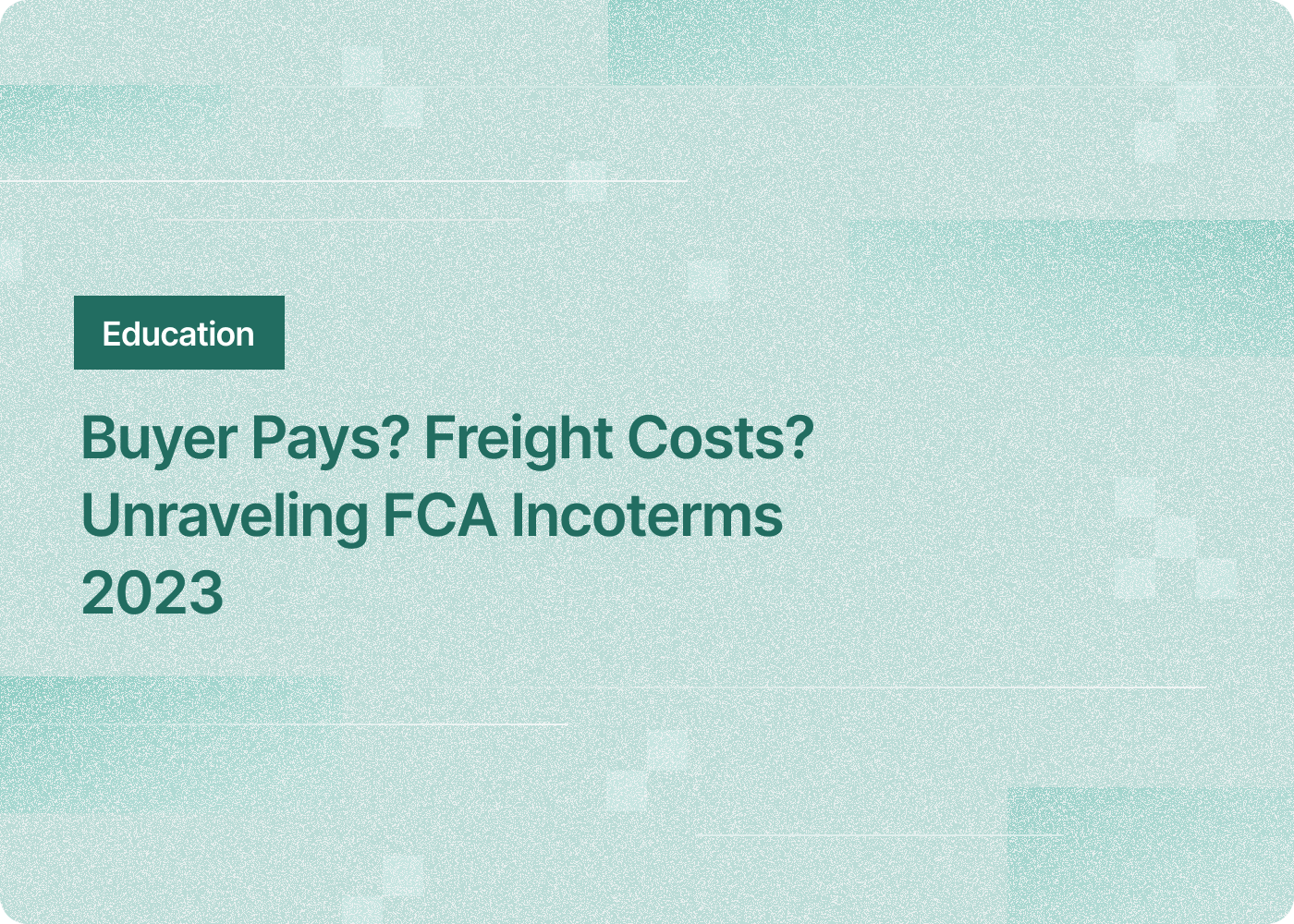
In an era where global trade acts as the backbone of many economies, understanding the intricacies of import and export licenses is crucial. These licenses are not just formalities; they are pivotal in maintaining the balance of international trade, ensuring legal compliance, and safeguarding national security. Whether you’re a seasoned customs broker or a business venturing into the world of international trade, grasping the essence of these licenses is a foundational step towards successful global operations.
The United States, a major player in global commerce, has its unique set of import and export regulations. These rules are governed by various federal agencies, including the International Trade Administration and Customs and Border Protection (CBP). Navigating these regulations requires a comprehensive understanding of licensing requirements, which vary depending on the nature of the goods, their origin, and their intended use. For instance, export licenses are often influenced by factors like defense trade controls and tariff rate quotas, while import licenses hinge on import regulations and border protection measures.
As you embark on this journey, remember that obtaining a license is more than just filling out an application form. It’s about understanding the process, meeting compliance standards, and ensuring all imported goods or exports align with both U.S. and international regulations. In this guide, we’ll delve into these aspects, helping you decode the complexities and become a confident participant in the world of international trade.
The Basics of Import Export License
In the realm of international trade, an import export license is more than a mere document; it’s a key that unlocks the door to global markets. Essentially, these licenses are official permissions granted by governments, allowing businesses to move goods across international borders. They are vital in ensuring that trades adhere to national and international laws, protecting both economic interests and security.
What is an Import Export License?
At its core, an import export license is a legal requirement for companies engaged in the import and export of goods. It serves as a compliance measure, ensuring that businesses adhere to the trade regulations set forth by the involved countries. These licenses cover a wide range of goods, from consumer products to controlled items like arms or certain technologies, each often subject to its specific licensing requirements.
Distinction Between Import and Export Licenses
While they may sound similar, import and export licenses have distinct purposes and processes:
- Import License:
- Required for bringing goods into a country.
- Regulates the entry of goods, ensuring they meet local standards for safety, health, and environment.
- Managed by Customs and Border Protection (CBP) in the USA.
- Export License:
- Needed for sending goods out of a country.
- Ensures that exports comply with national security and foreign policy.
- Overseen by agencies like the International Trade Administration.
Understanding these differences is crucial for businesses to navigate the licensing requirements effectively. Each type of license has its application process, documentation needs, and regulatory frameworks, tailored to the nature of goods and the specifics of trade agreements. In the following sections, we’ll explore how to obtain these licenses and the key compliance factors to keep in mind.

Obtaining an Import and Export License
Securing an import or export license is a critical step for businesses aiming to engage in international trade. The process, while detailed, can be navigated successfully with the right knowledge and preparation. Here’s a step-by-step guide to help you through the application process for these licenses, along with an overview of the essential documentation and requirements.
Step-by-Step Guide to Applying for Import and Export Licenses
- Identify the Need for a License:
- Determine whether your product requires an import or export license. This depends on the type of goods, their destination, and end-use. For exports, check with the U.S. Department of Commerce’s Bureau of Industry and Security (BIS) for regulations.
- Gather Required Information:
- Collect details about your product, including classification, technical specifications, and intended use. For imports, know your product’s Harmonized Tariff Schedule (HTS) code.
- Consult with a Licensed Customs Broker:
- Engage the services of a licensed customs broker for professional guidance, especially for complex goods or large shipments.
- Complete the Application Form:
- Fill out the necessary forms accurately. For export licenses, the Commerce Department’s SNAP-R system is commonly used.
- Submit Required Documentation:
- This may include business identification, product details, and end-user information. Ensure all documentation is complete and accurate to avoid delays.
- Wait for Processing and Approval:
- Processing times vary based on the product and license type. Patience is key during this stage.
Essential Documentation and Requirements
- Business Identification: Tax ID, business registration documents, and contact information.
- Product Information: Detailed description, HTS code for imports, Export Control Classification Number (ECCN) for exports.
- End-User Information: Details about the recipients of the exported goods, if applicable.
Remember, the accuracy and completeness of your application and documents are vital for a smooth process. Compliance with all regulations is non-negotiable, not just for the success of your application but also for the integrity and legality of your business operations in the sphere of international trade.
Export and Import License Compliance
Maintaining compliance with export and import license regulations is pivotal for businesses operating in international trade. This compliance not only ensures the validity of your licenses but also safeguards your business reputation. Here are key factors to consider for maintaining compliance and avoiding common pitfalls.
Key Compliance Factors for Maintaining Valid Licenses
- Regular Updates and Renewals: Stay vigilant about the expiration dates of your licenses and apply for renewals well in advance. Changes in regulations by government agencies or international trade administrations can also necessitate updates to your licenses.
- Adherence to Export and Import Regulations: Comply with all relevant export regulations, including defense trade controls and tariff rate quotas, and import regulations, especially those related to border protection and product-specific requirements.
- Accurate Record-Keeping: Maintain meticulous records of all transactions, correspondence, and documentation related to your import and export activities. This is crucial for audits and investigations by federal agencies.
- Regular Training and Awareness: Ensure your team, especially those involved in shipping and customs processes, are well-trained and updated on the latest licensing requirements and compliance protocols.
Avoiding Common Pitfalls in License Management
- Overlooking Small Details: Even minor errors in application forms or failure to provide complete contact information can lead to delays or denials.
- Underestimating Compliance Requirements: Not keeping up with the changing landscape of international trade regulations can lead to inadvertent violations.
- Neglecting Professional Assistance: Sometimes, the complexity of export and import licenses warrants the guidance of licensed customs brokers or import specialists.
By focusing on these compliance aspects and steering clear of common mistakes, businesses can ensure a smooth and uninterrupted journey in the domain of global trade. Remember, in international commerce, being proactive about license compliance is not just best practice—it’s a necessity.
Export Licenses: Navigating the Complexities
Navigating the complexities of export licenses is a critical aspect of international trade. Different types of export licenses cater to various products and destinations, each with specific regulations and restrictions. Understanding these nuances is key to ensuring legal and efficient export operations.
Types of Export Licenses and Their Specific Uses
- General Export License:
-
- Covers most products and destinations, typically used for items that don’t pose a national security risk.
-
- Allows for a broader range of exports without the need for individual applications.
- Specific Export License:
-
- Required for sensitive items or destinations subject to export regulations.
-
- Includes goods related to national security, arms regulations, and specialized technology.
- Temporary Export License:
-
- Ideal for items that will be exported for a specific period and then returned, like exhibition materials.
-
- Ensures compliance during temporary overseas transactions.

Understanding Export Regulations and Restrictions
- Compliance with International Laws: Adhering to the International Traffic in Arms Regulations (ITAR) and Export Administration Regulations (EAR) is crucial for items related to defense or dual-use technologies.
- Country-Specific Restrictions: Be aware of any embargoes or sanctions on certain countries, affecting what can be exported and where.
- End-Use and End-User Monitoring: Ensure the end-use and end-user of the exported goods align with the terms of the license. Misuse can lead to severe legal consequences.
- Regular Updates: Stay informed about changes in export laws, as these can impact the validity of your current licenses.
Understanding and complying with the diverse aspects of export licenses is vital for businesses looking to expand their reach globally. Navigating these complexities with due diligence will not only ensure legal compliance but also contribute to smooth international operations.
The Role of Import Licenses in Business
In the tapestry of international trade, import licenses play a pivotal role. They act not just as legal permissions, but as strategic tools that facilitate smooth entry of goods into a market, ensuring that businesses comply with domestic and international regulations.
The Critical Role of Import Licenses in International Trade
- Regulatory Compliance: Import licenses are essential for adhering to import regulations set by government agencies, such as Customs and Border Protection (CBP) in the USA. They ensure that imported goods meet all legal standards, including safety, health, and environmental protections.
- Market Access: Securing the right import license can be the key to unlocking new markets and expanding business reach. It demonstrates a commitment to legality and quality, vital for building trust in global markets.
Case Studies: Successful Navigation of Import Licensing
- Technology Firm Expansion: A tech company successfully expanded its market by obtaining specific import licenses for electronic components. This enabled them to import advanced technologies, adhering to federal agency requirements and enhancing their product offerings.
- Fashion Retailer Compliance: A fashion retailer navigated import licenses for clothing and accessories, ensuring compliance with trade and customs regulations, thus avoiding costly penalties and shipment delays.
These case studies illustrate how adept handling of import licenses can open doors to new opportunities and safeguard against legal and operational hurdles in international trade. For businesses looking to thrive globally, understanding and effectively managing import licenses is not just beneficial—it’s imperative.
Streamlining Your License Process
Efficient license management is crucial for businesses engaged in international trade. Best practices include staying updated with changing import and export regulations, maintaining accurate records, and ensuring timely renewals. Regular training for staff involved in the licensing process is also vital.
At GoFreight, we specialize in simplifying your import/export license needs. Our expertise and tools streamline the complex licensing process, making it more manageable and less time-consuming for your business. Whether it’s navigating through application processes or ensuring compliance with the latest trade regulations, GoFreight is your trusted partner in efficiently managing your licensing requirements, enabling you to focus on growing your business in the global market.


